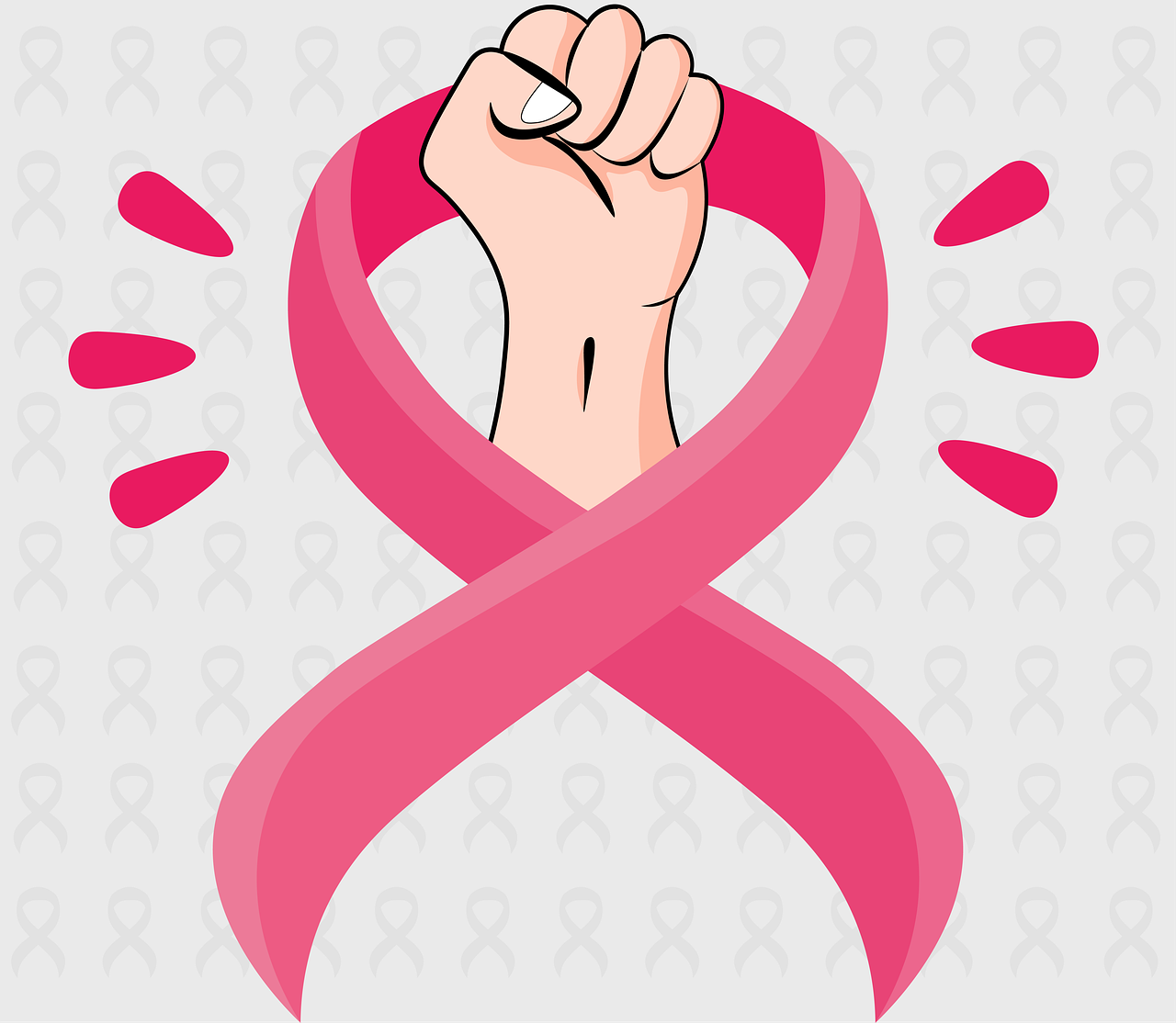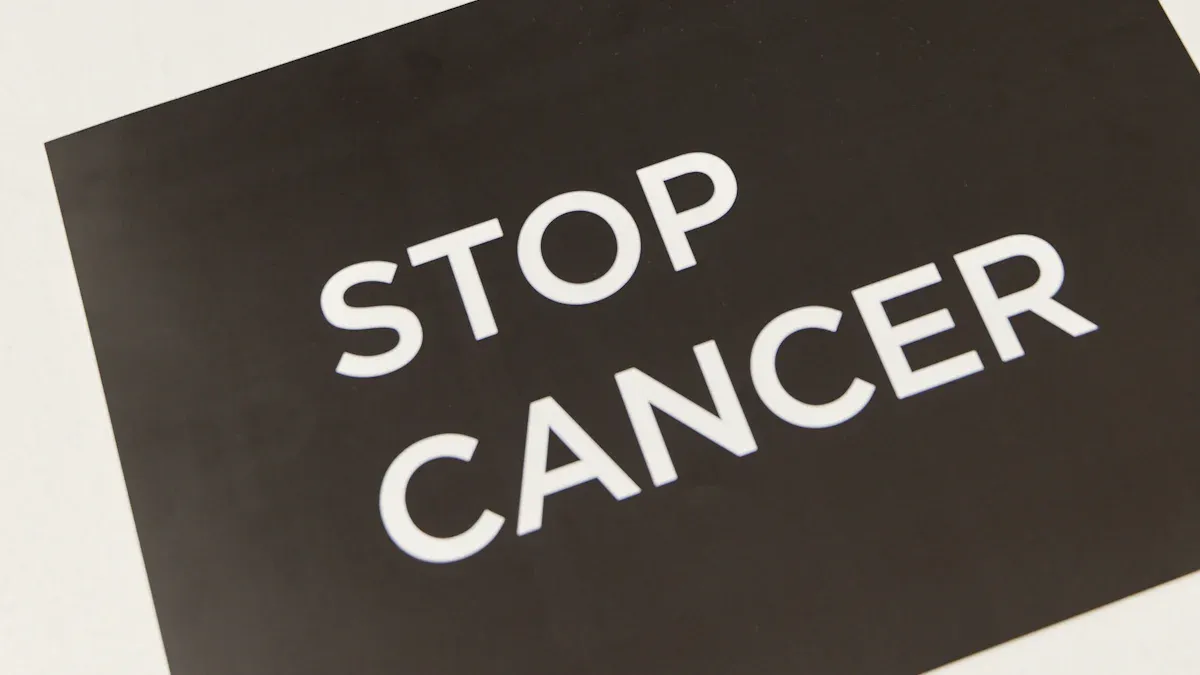Myth: Detox methods can’t cut cancer risk

Detox methods claim to cleanse your body and reduce cancer risk, but these claims lack scientific support. In fact, there's a common myth: detox methods can eliminate cancer risk. Your body already has natural detoxification systems, like the liver and kidneys, which work efficiently. Studies show that detox diets do not reduce cancer risk. Instead, focusing on a balanced diet and avoiding harmful substances benefits your health more effectively.
Key Takeaways
Detox methods don’t lower cancer risk. Your body already has organs, like the liver and kidneys, that clean out toxins without special diets.
Eat a balanced diet with lots of fruits and vegetables. This helps your health and lowers cancer risk better than detox diets.
Exercise often and stay away from tobacco. These habits greatly cut your chances of getting cancer.
Myth: Detox methods can eliminate cancer risk

What are detox methods?
Detox methods claim to remove harmful toxins from your body, often promising better health and reduced cancer risk. These methods include a variety of practices, such as:
Juice fasting or drinking only specific beverages.
Strict vegan or liquid diets.
Using dietary supplements, herbs, or commercial products.
Colon cleansing through enemas or hydrotherapy.
Fasting or reducing environmental exposures.
Some methods even involve unusual practices, like ionic foot baths, which claim to pull toxins out through your feet. However, no scientific evidence supports these claims. Your body already has natural detox systems, like your liver and kidneys, which work efficiently without these interventions.
Common claims made by detox advocates
Detox advocates often make bold promises. They claim these methods:
Enhance your body’s detoxification process.
Improve your overall health.
Help with weight loss.
Unfortunately, these claims lack scientific backing. Studies show that detox diets are unnecessary and can even harm your health. Extreme methods may cause nutrient deficiencies, dehydration, or other adverse effects. Many detox programs fail to provide clinical evidence proving their safety or effectiveness.
Why detox methods appeal to people
Detox methods appeal to you because they offer quick fixes. The idea of cleansing your body and improving your health sounds simple and attractive. Marketing often uses emotional language and testimonials to convince you. However, these methods oversimplify complex health issues, like cancer risk, and distract from evidence-based prevention strategies.
Why detox methods don’t work for cancer prevention
Lack of scientific evidence
Detox methods often claim to reduce cancer risk, but these claims lack scientific support. Research shows that commercial detox diets are based on poorly designed studies. Many of these studies involve small sample sizes or flawed methodologies, making their findings unreliable. For example, a 2015 review found that while some detox programs might enhance liver detoxification, the evidence was weak and inconsistent. Detox diets are unnecessary and may even harm your health by causing nutrient deficiencies or dehydration. Instead of relying on unproven methods, you should focus on evidence-based strategies for cancer prevention.
How the body naturally detoxifies
Your body already has efficient detoxification systems that work around the clock. The liver plays a key role by converting toxins into harmless substances and eliminating them. The kidneys filter toxins from your blood and excrete them through urine. These processes help maintain your health and reduce the risk of toxin buildup. Additionally, your body combats free radicals—unstable molecules linked to cancer risk—through antioxidants found in a balanced diet. Detox methods cannot replicate or improve these natural processes.
The complexity of cancer risk factors
Cancer risk depends on a variety of factors, making it impossible to address with a single solution like detox methods. Lifestyle choices, social influences, and chronic conditions all play a role. For instance, diets high in ultra-processed foods have been linked to higher cancer risk, while obesity is associated with at least 13 types of cancer. Addressing these factors requires a comprehensive approach, not quick fixes. By focusing on healthy habits, you can take meaningful steps to lower your cancer risk.
Evidence-based ways to reduce cancer risk

Healthy eating and balanced nutrition
Eating a healthy diet plays a crucial role in reducing cancer risk. The American Cancer Society recommends consuming at least 2½ to 3 cups of vegetables and 1½ to 2 cups of fruit daily. These foods provide essential nutrients and antioxidants that help protect your cells from damage. Studies show that healthy dietary patterns are linked to lower cancer recurrence rates and improved survival among breast and prostate cancer survivors. For example, 47% of breast cancer survivors and 35% of prostate cancer survivors reported meeting recommended fruit and vegetable intake levels (P = .006). By prioritizing whole foods and limiting processed options, you can support your body’s natural defenses.
Regular physical activity and weight management
Staying active and maintaining a healthy weight significantly lowers your cancer risk. Meta-analyses reveal that higher physical activity levels reduce the risk of several cancers. For instance, active individuals experience a 15% lower risk of bladder cancer, a 12–21% lower risk of breast cancer, and a 19% lower risk of colon cancer. Physical activity helps regulate hormones, reduce inflammation, and improve immune function. Even small changes, like walking daily or engaging in moderate exercise, can make a difference. Maintaining a healthy weight further reduces cancer risk by lowering the likelihood of chronic conditions like obesity.
Avoiding tobacco and limiting alcohol
Avoiding tobacco is one of the most effective ways to prevent cancer. Tobacco use accounts for 30% to 50% of preventable cancers. Limiting alcohol consumption also reduces cancer risk, as excessive drinking is linked to cancers of the liver, mouth, and throat. By making these choices, you can significantly lower your chances of developing cancer. For example, reducing tobacco exposure alone could prevent nearly half of all cancers. These simple lifestyle changes have a profound impact on your long-term health.
Importance of screenings and vaccinations
Screenings and vaccinations are powerful tools for cancer prevention. From 1975 to 2020, these interventions helped avert 4.75 million cancer deaths. For example, cervical cancer screenings prevented 160,000 deaths, while colorectal cancer screenings reduced deaths by 79% through early detection and removal of precancerous polyps. Vaccinations, such as the HPV vaccine, protect against viruses that cause cancer. Regular screenings for breast, prostate, and lung cancer also save lives by catching the disease early when treatment is most effective. Staying up to date with these preventive measures ensures you take proactive steps toward reducing your cancer risk.
Detox methods fail to prevent cancer and may mislead you. Scientific research highlights their ineffectiveness:
Weight loss from detox diets results from calorie restriction, not detoxification.
Evidence-based strategies, like balanced nutrition and avoiding harmful substances, effectively lower cancer risk.
Focus on proven methods for meaningful prevention.
FAQ
What are toxins, and do they cause cancer?
Toxins are harmful substances from food, air, or chemicals. Your body naturally removes them. No evidence shows that toxins directly cause cancer when your detox systems work properly.
Can detox diets harm your health?
Yes, extreme detox diets can harm you. They may cause nutrient deficiencies, dehydration, or fatigue. Instead, focus on balanced nutrition and healthy habits for long-term well-being.
Tip: Always consult a healthcare professional before starting any restrictive diet.
Are natural remedies better than medical cancer prevention?
No, natural remedies lack scientific proof for cancer prevention. Evidence-based methods like screenings, vaccinations, and healthy living provide the best protection against cancer risks.
See Also
Recognizing Duodenal Cancer: Key Symptoms And Treatment Options
Essential Information About Carcinoid Tumors You Need
Identifying The Symptoms Associated With Kidney Cancer

